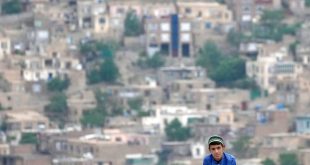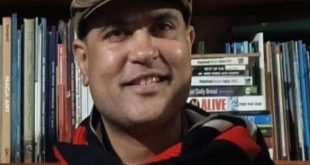As Afghanistan already has ranked amongst the lowest globally in regard to human development indicators, the dwindling national economy and decline in international aid doesn’t bode well for the people, at all. This national economy downfall is happening to be in the new setup despite signing a highly crucial security deal with the United States, yet it couldn’t save the slump of economy. Being at the head of the government, President Ashraf Ghani, an ex Finance Minster and former World-bank economist, couldn’t fetter the freefall of national economy. It has been further exacerbated by the drawdown of international forces, sliding down housing industry and never ceasing joblessness. Similarly, customers buying capacity has caved in and kidnappings have become order of the day. Amid this situation, Afghanistan not only needs economic aid but also domestic and international investment besides astute monetary policies. Investment stands out as an important factor as aid injections are just timely remedies. In a desperate attempt to reinvigorate national economy, the Central Bank of Afghanistan (Da Afghanistan Bank) is pouring US$ 100 million into market-based economy. Many people think the current state of plight is unleashed by post-presidential election crisis that brought the country to the brink of collapse. Luckily a serious pending crisis was prevented by international intervention and the rivals—Ashraf Ghani and Abdullah finally agreed on forming a national unity government (NUG). Now Ashraf Ghani is the President and Abdullah the Chief Executive. Now that Afghanistan has survived a threatening crisis, the two leaders should look into what could drive Afghanistan out of the jaws of pressing challenges. Though peace negotiations with the obdurate Taliban insurgents top the list, but at the same time, they should take up the issue of internally displaced persons (IDPs). Currently around 700,000 people remain displaced and if their plight fails in getting the government’s attention, many of them will never hesitate from joining the ranks of the Taliban. And what would be the policy of the government? Indeed physically eliminating militancy while thinking not that if it wants to subdue insurgency it will have to protect people from joining insurgents. And it could be done through pro-poor economy policies. A development strategy that covers slum people and displaced persons will help the government in fighting militancy but without the use of bullet. And here the government will have no need to go after militants to physically eliminate them. The quality of human life is a key determinant of future stability. To ensure that quality of human life should remain maintained, the government, if cannot do by itself, should initiate it in partnership with international donors, should redouble efforts that enable poor communities at the centers of their own development. Such programs have already been successful in other crisis-hit parts of the country where people were supported purely on humanitarian grounds with no intentions of personal political gains. Moreover, quite well before the start of drawdown of international forces, it was warned that if they evacuate, aid will decline and its implications will be far-reaching but none from the government ranks paid heed to this warning and today, the situation is turning into the same what was predicated one or two years ago.

 Afghanistan Times
Afghanistan Times

